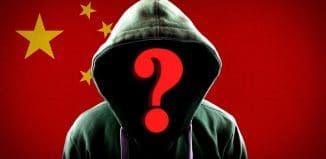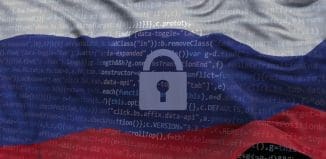Which are the most notorious hacking groups?
This post is also available in:  עברית (Hebrew)
עברית (Hebrew)

Anonymous is perhaps the most notorious of all hacker groups. It is a decentralized online community of tens of thousands of anonymous ‘hacktivists’, who use their combined computer skills to attack and bring down websites as a form of protest.
The group became known for a series of attacks on government, religious, and corporate websites. It has attacked the Pentagon, threated to take down Facebook, threatened Los Zetas, the Mexican drug cartel, and declared war on Scientology. In 2010, Anonymous launched Operation Payback, after several companies including Visa, MasterCard and PayPal refused to process payments to WikiLeaks. This, according to an expose in The Telegraph.
It also publicly supported the Occupy Wall Street movement in 2011, attacking the website of the New York Stock Exchange. Since 2009, dozens of people have been arrested for involvement in Anonymous cyber attacks, in countries including the US, UK, Australia, the Netherlands, Spain, and Turkey. Anonymous generally protests these prosecutions and describes these individuals as martyrs to the movement.
LulzSec (an abbreviation of Lulz Security) was originally formed as a spinoff from Anonymous, following the hack against computer security company HBGary Federal in 2011. It consisted of seven core members, and its motto was: “Laughing at your security since 2011”. It consisted of seven core members, and its motto was: “Laughing at your security since 2011”.
Register to iHLS Israel Homeland Security
The group’s first attack was against Fox.com, leaking several passwords, LinkedIn profiles, and the names of 73,000 X Factor contestants. It went on to compromise user accounts from Sony Pictures in 2011, and take the CIA website offline in the same year. LulzSec gained attention due to its high profile targets and the taunting messages it posted in the aftermath of its attacks.
Some experts characterized its attacks as closer to Internet pranks than serious cyber-warfare, but the group itself claimed to be capable of stronger attacks. In June 2011, LulzSec released a ’50 days of Lulz’ statement, in which it announced the operation was disbanding. However, the group committed another hack against newspapers owned by News Corporation on 18 July 2011, defacing them with false reports of the alleged death of Rupert Murdoch.
The Syrian Electronic Army (SEA) is a group of computer hackers who claim to support the government of Syrian President Bashar al-Assad. It mainly targets political opposition groups and Western websites including news organizations and human rights groups.
It is suggested in US intelligence circles that SEA is actually Iranian. In addition to the defacement of high profile websites, the SEA is thought to carry out surveillance on the location and identity of anti-Assad activists and this monitoring is thought to include foreign aid workers.





























